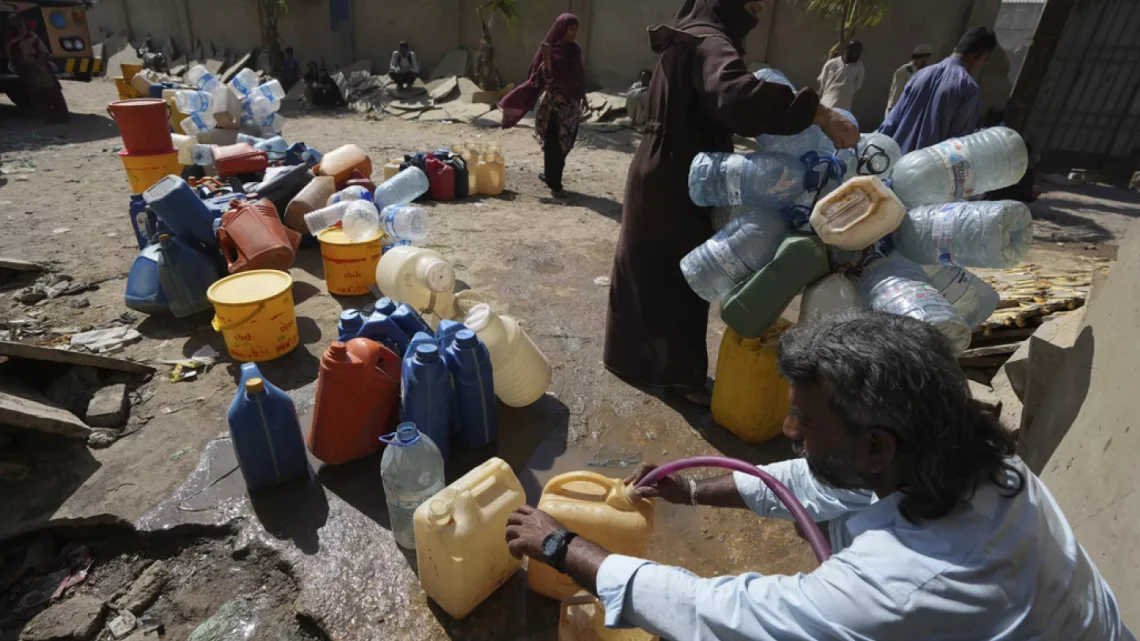
Over 4.4 Billion People Lacking Safe Drinking Water: A Global Crisis
September 9, 2024Access to clean water is a fundamental human right, yet more than half of the world’s population may be denied this essential resource. According to a recent study over 4.4 billion people lack access to safely managed drinking water. This estimate, derived from computer simulations of data from low- and middle-income countries, suggests a much graver situation than the World Health Organization’s previous figures.
Environmental microbiologist Esther Greenwood from Eawag, a research institute in Switzerland, notes that the true number of individuals without safe drinking water may be significantly higher than previously reported. This discrepancy is partly due to difficulties in gathering accurate data in regions with limited technology and infrastructure.
Greenwood and her team used computer simulations to integrate environmental and survey data from nearly 65,000 households globally. Their maps, covering 135 countries, highlighted areas where safely managed drinking water services were available in 2020. By comparing these maps with population data from UNICEF, the researchers estimated the number of people lacking clean drinking water.
Their findings reveal that the most severe water access issues are in sub-Saharan Africa, South Asia, and East Asia. In these regions, bacterial and chemical contamination, coupled with inadequate infrastructure, are major obstacles. For instance, about 650 million people in sub-Saharan Africa lack access to drinking water services within their homes.
The study did not include high-income countries, although some populations there might also experience inadequate access to safe water. The new estimate is unlikely to replace official counts, which rely on country-provided data rather than simulations. Gregory Pierce, a water solutions researcher at UCLA, suggests that while the new methods may not immediately influence official statistics, they should encourage greater investment in clean water initiatives.
Pierce emphasizes the need for increased global investment to address the water access gap. Despite ongoing efforts, he argues that the scale of investment has not matched the urgency of the crisis. The hope is that this new data will spur a significant escalation in efforts to ensure universal access to safe drinking water—a basic human right as recognized by the United Nations.

